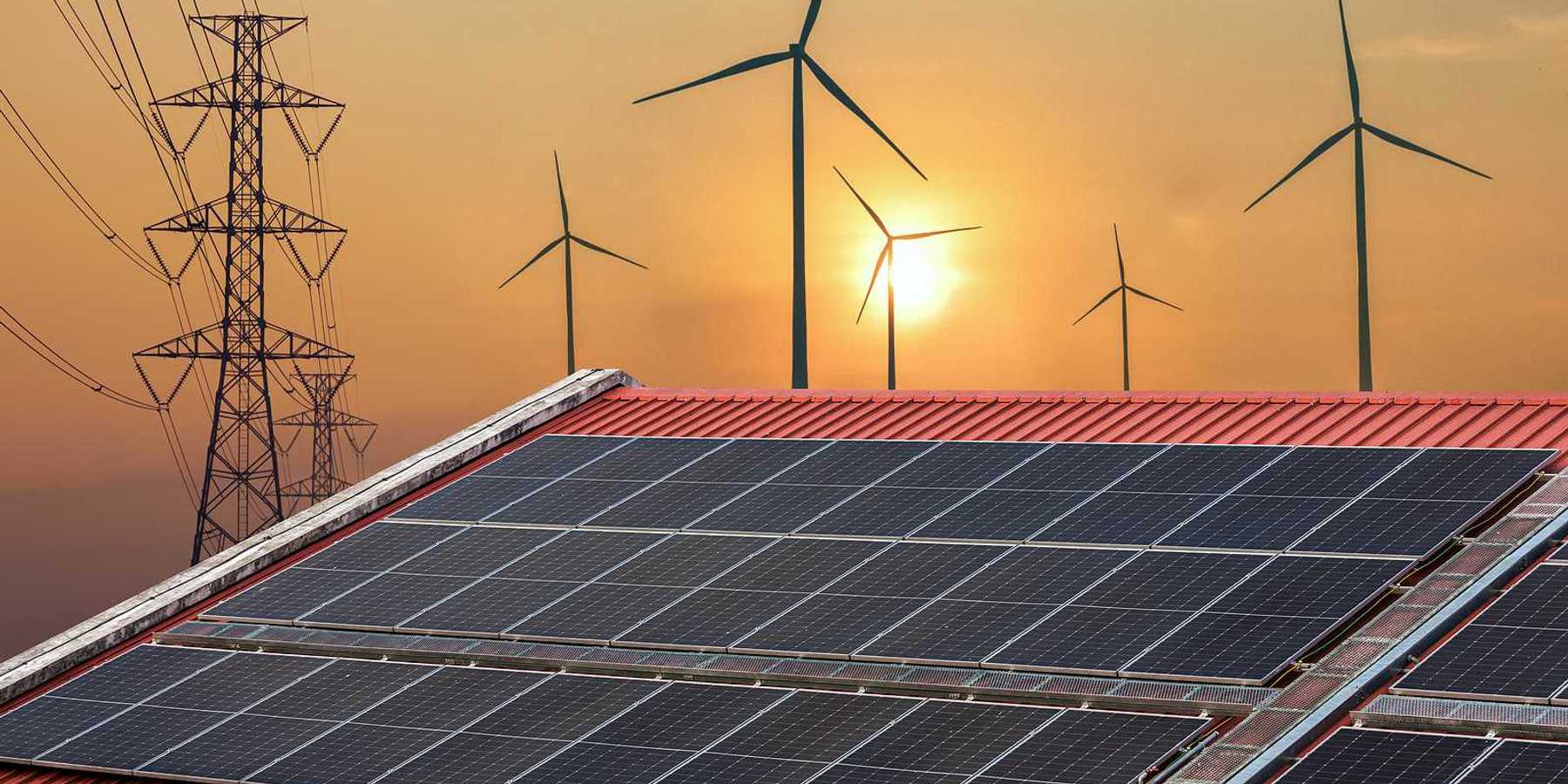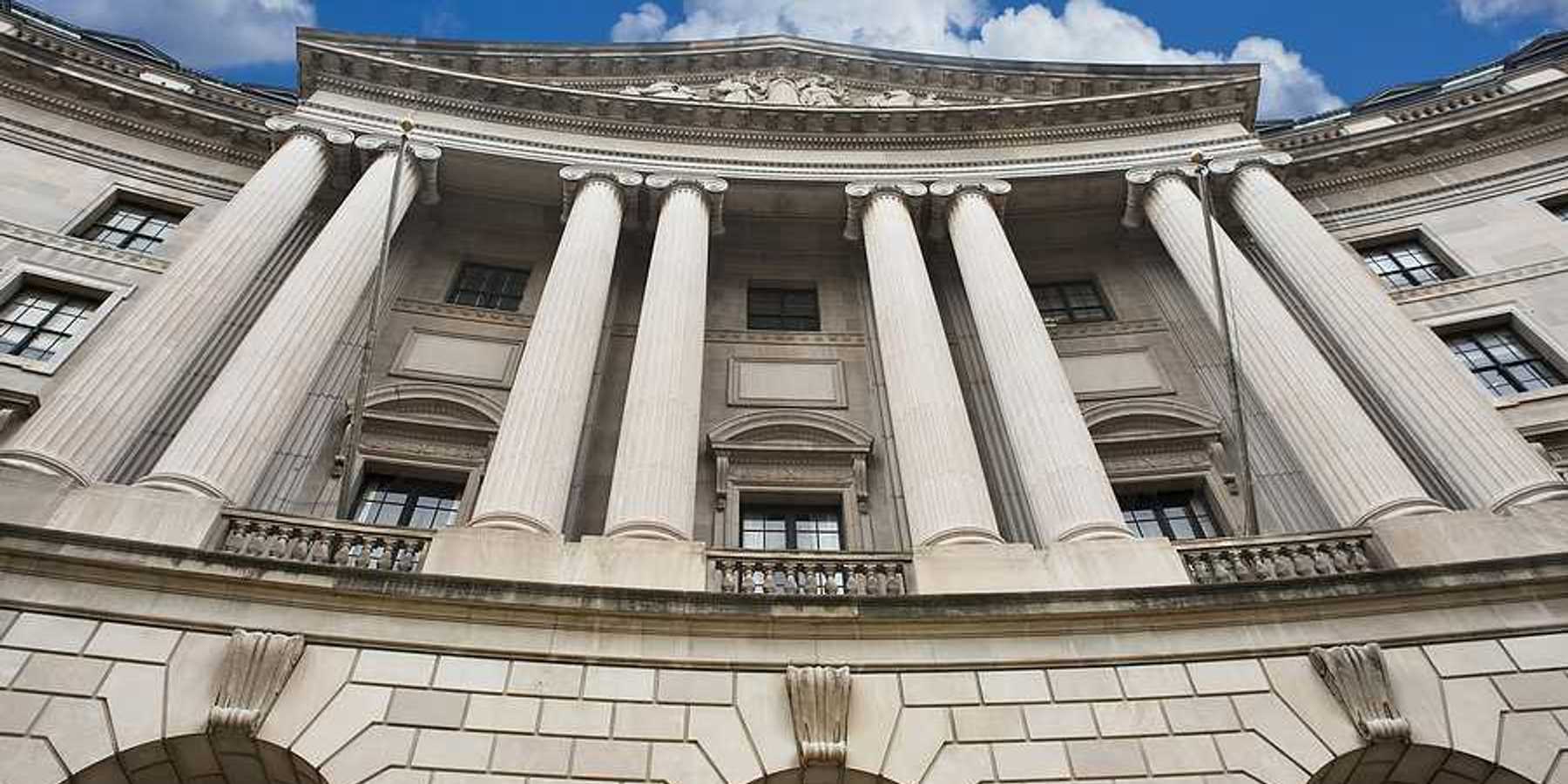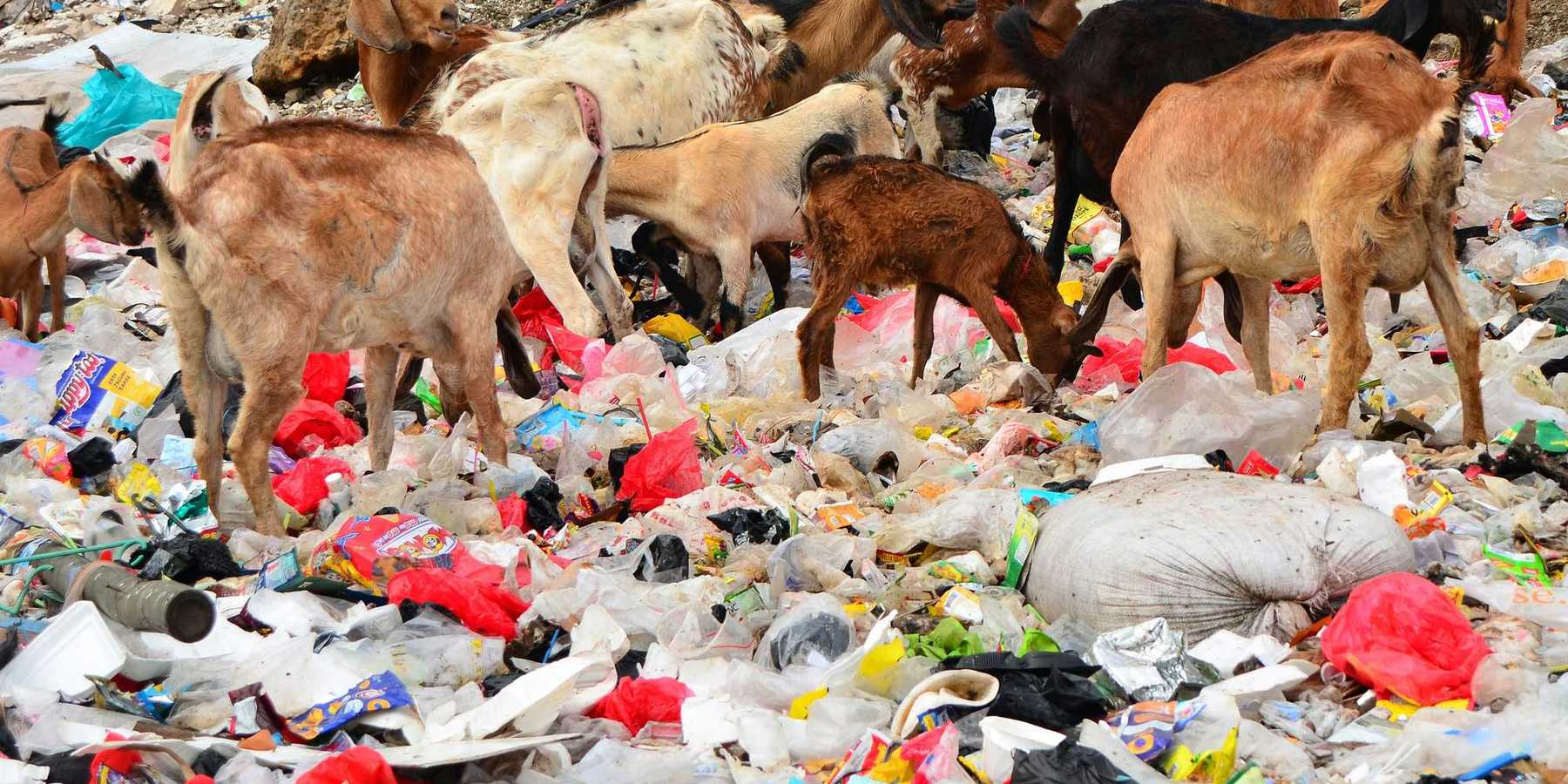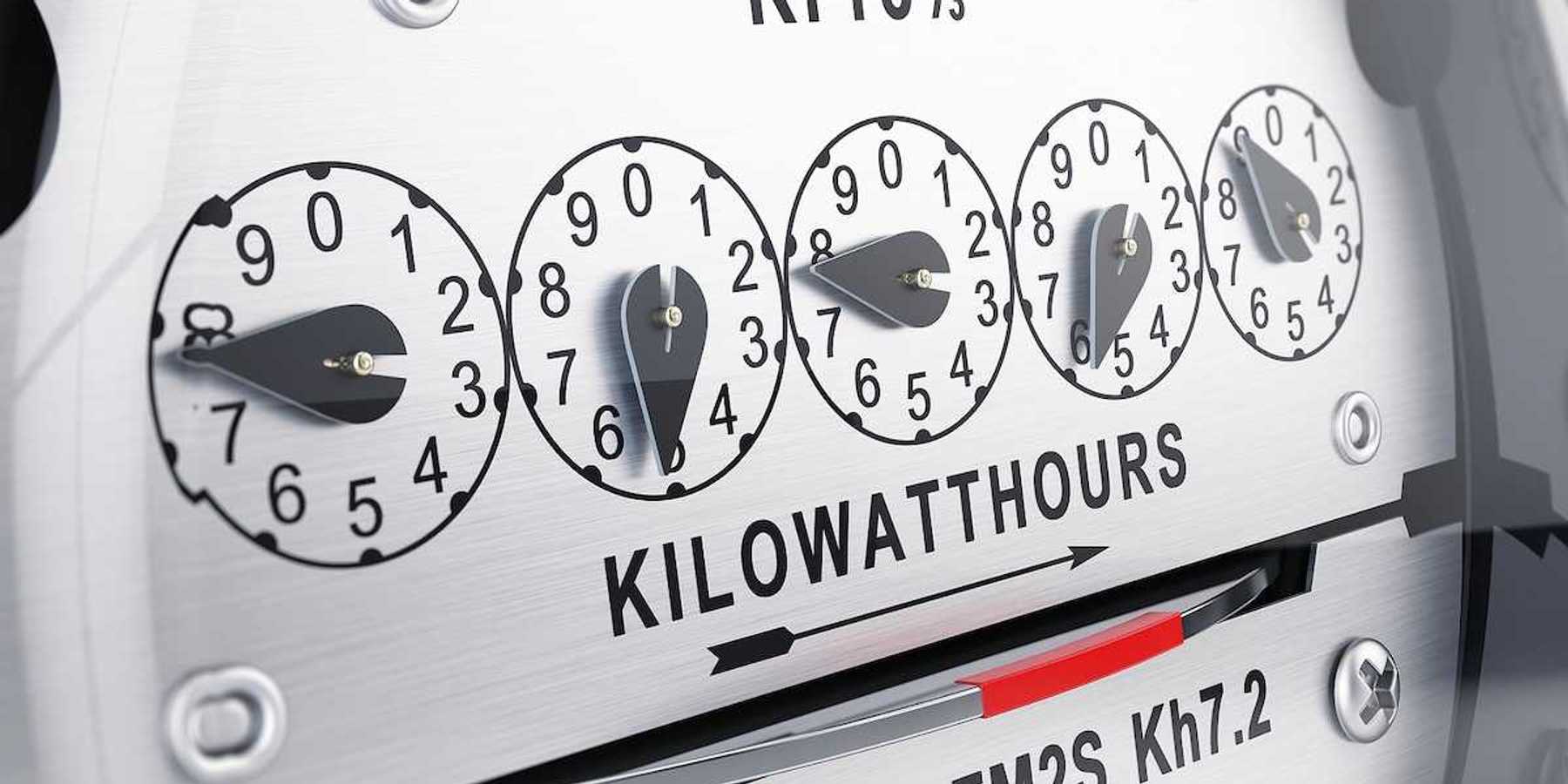australia
Australia weighs delay on 2035 climate goals amid US election uncertainty
Australia may postpone its 2035 climate target announcement until after its election, citing uncertainty around the U.S. election outcome.
In short:
- Australia may miss its February 2025 deadline to announce its 2035 climate target, awaiting the US election results.
- A report suggests Australia could cut emissions by 65%-75% by 2035, but the government awaits further recommendations.
- Th U.S. election outcome could heavily influence global climate policy.
Key quote:
“A Harris presidency would likely see the U.S. continue to exert pressure on all countries, including Australia, to set a strong 2035 target as soon as possible.”
— Erwin Jackson, director of policy, Investor Group on Climate Change
Why this matters:
Delaying climate goals can slow global progress toward reducing emissions. The US election outcome may impact how aggressively other countries act to combat climate change.
More: Fuel emissions debate fuels Australia's climate conversation
Big polluters must cut emissions or risk global catastrophe, says UN chief
The UN Secretary-General António Guterres warned at the Pacific Island Forum that without drastic emission cuts by major polluters, the world faces a looming climate disaster.
In short:
- The Pacific region is particularly vulnerable to the effects of climate change, including rising sea levels and ocean acidification.
- Guterres emphasized the unfair burden on Pacific islands, which contribute little to climate change yet face its harshest consequences.
- Australia’s continued reliance on fossil fuels was criticized, highlighting the global need for urgent emission reductions.
Key quote:
“The sea is taking the heat—literally.”
— António Guterres, UN Secretary-General
Why this matters:
Pacific Island nations, though least responsible for climate change, are most at risk. Their survival depends on global actions to curb emissions and address climate injustices.
Related EHN coverage:
Climate disruption skepticism persists among Australians
Despite widespread climate events, only 60% of Australians believe human activity causes climate disruption, a recent poll reveals.
In short:
- An international survey found Australians are among the most skeptical globally about human-caused climate disruption.
- The poll showed a drop in belief from 66% to 60% in 18 months, lower than the global average of 73%.
- Only 52% of Australians believe the costs of climate impacts will exceed the costs of ecological transition.
Key quote:
"We need to do more work in telling the stories about the facts."
— Richard Kirkman, chief executive of Veolia in Australia
Why this matters:
Australia's skepticism about climate disruption hinders effective climate action, as public and political support is crucial for meaningful environmental policies. Misinformation and political messaging impact public understanding and response to climate change.
Australia’s renewable energy aspirations face hurdles
Australia’s ambition to become a renewable energy leader hinges on domestic innovation and overcoming fossil fuel dependency.
In short:
- Australian company SunDrive Solar has developed a method to replace silver with copper in solar cells, a cheaper and more abundant material.
- The government’s Future Made in Australia plan offers significant incentives for green industries but faces criticism for continued support of fossil fuels.
- Critics argue the dual support for fossil fuels and renewable energy sends mixed signals to investors and undermines the country's green ambitions.
Key quote:
“Silver is expensive, scarce and environmentally disastrous, and it limits how much solar can be rolled out around the world.”
— Maia Schweizer, chief commercial officer of SunDrive Solar
Why this matters:
For years, Australia has been one of the world’s leading coal exporters, with fossil fuels forming a backbone of its economy. However, the global shift towards sustainability, coupled with increasing climate change impacts, has spurred a push for a more robust renewable energy sector. From vast solar farms in the Outback to cutting-edge wind energy projects, Australia’s landscape is ripe for renewable energy development.
Young Indigenous voices address climate change at UN forum
Indigenous youth leaders shared their unique challenges and solutions at this year's United Nations forum on Indigenous issues.
In short:
- This year's United Nations Permanent Forum on Indigenous Issues focused on listening to Indigenous youth's interests and concerns.
- The young leaders from across the globe expressed a wide array of concerns, from the dual vulnerabilities of Indigenous and LGBTQ+ communities in Greenland due to climate change to struggles for self-determination exacerbated by external political pressures and environmental concerns.
Key quote:
“When we listen to the land, the land will listen to us. It’s a language. Climate change is creating a language barrier.”
— Jakirah Telfer, representative of the Kaurna peoples in Australia.
Why this matters:
Many indigenous communities rely on natural resources for their livelihoods—such as hunting, fishing and agriculture. Changes in climate patterns can lead to resource scarcity, affect food security and disrupt traditional economic activities.
We need to stop compartmentalizing the environment, family and culture as separate problems, argued Diné researcher Kevin Patterson in this 2023 essay.
Australia and Tuvalu confirm climate and security agreement
Australia and Tuvalu will advance with a landmark security and climate migration pact, ensuring Tuvalu's sovereignty while addressing its environmental challenges.
In short:
- The pact, initially uncertain due to Tuvalu's elections, solidifies with the new government's endorsement.
- It aims to aid Tuvalu in disasters and military threats, ensuring sovereignty in third-party security arrangements.
- Additionally, it permits the annual migration of 280 Tuvaluans to Australia, safeguarding Tuvalu's statehood against climate-induced inundation.
Key quote:
"Australia commits to assist Tuvalu in responding to a major natural disaster, a health pandemic, or military aggression. This is predicated on Tuvalu requesting such assistance."
— Pat Conroy, Australia's Pacific Minister
Why this matters:
This climate migration pact is more than an emergency exit strategy. It embodies a deep, albeit sobering acknowledgment of the stark realities facing Tuvalu due to climate change. While the agreement facilitates a new beginning for some Tuvaluans in Australia, it also raises questions about the preservation of Tuvalu's cultural heritage and identity.
In the U.S.: Poor southerners are joining the globe’s climate migrants.
Fuel emissions debate fuels Australia's climate conversation
In a country where the pickup truck is a symbol of the working class, Australia's move toward fuel emissions standards signifies a major policy shift, reflecting global environmental concerns.
In short:
- Australia's lack of fuel emissions standards has placed it alongside countries like Russia and Turkey, contributing to higher pollution levels from older, less efficient vehicles.
- The proposed regulations aim to align Australia with international standards by 2028, allowing high-emitting vehicles but offsetting them with cleaner models or facing penalties.
- Critics label the initiative as a "ute tax," predicting price hikes for cars, though the government and some think tanks argue the impact on prices will be minimal.
Key quote:
"It’s astounding that we haven’t done it until now. It’s the lowest of low-hanging fruit."
— Matt Grudnoff, economist at the Australia Institute
Why this matters:
Fuel emissions standards are essential for reducing the carbon footprint of the transportation sector, which is a significant contributor to global greenhouse gas emissions. By enforcing stricter regulations, governments can compel automotive manufacturers to innovate and develop more fuel-efficient and less polluting vehicles, such as hybrids and fully electric cars.
A children's health expert, seeing our kids imperiled by fossil fuels and climate change, calls for a kids-first revamp of energy policies.









